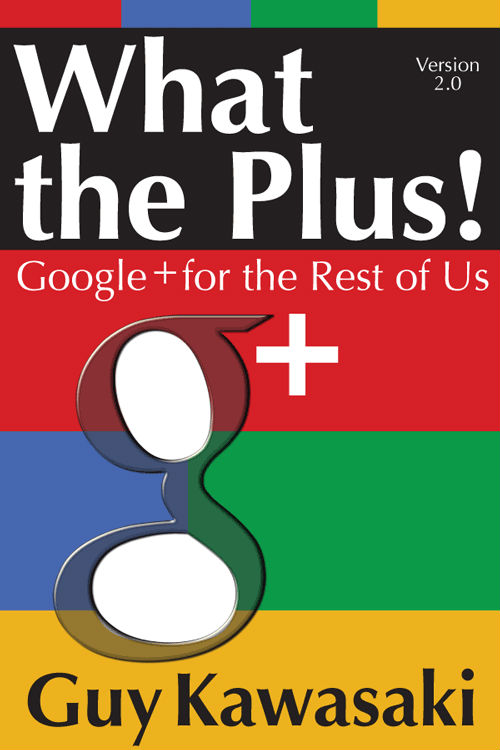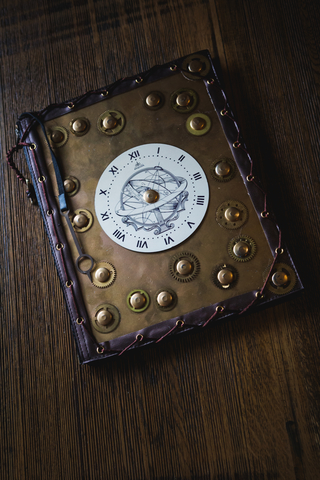Who Can (And Can’t) Be An Indie Publisher

Who Benefits From Case Studies?

Is There Room For Digital Non-Fiction Books?
The indie publishing business just keeps growing. Every day, more authors are doing it, but are they doing it successfully? Some are, some aren’t. The big question is, How do you know whether you should or should not publish your book independently?
This blog post applies whether you intend to publish in print or digital format. I am mostly concerned with digital, but print publishers can benefit from this checklist, as well.
Your Independent Publishing Checklist
Run this list through your mind and if you answer most of the questions in the negative, you should definitely NOT self-publish.
- My book is well-written and conveys information that other books on the topic do not provide
- I have thoroughly researched the market for this book and it is HOT
- I have had at least one offer from a traditional publishing company who is ready to make an offer or consider publishing the book
- It has been thoroughly edited by a professional editor I paid to judge the material independent of my own writing
- I have had multiple requests from my fan base for this information
- I have taken the time to build a platform of ready-to-buy book readers interested in this specific information or type of book
- I am capable of producing great book covers or I am willing to pay a fair market rate for a professional book cover artist
- I have counted the dollars and cents and it will NOT set me back too far to spend the money on this publishing endeavor
- I have self-published before with some level of success
- I have shown the book to other professional writers, publishers, agents, or book industry professionals and they agree it is worth publishing
- Fans of my traditionally published books are on the edge of their seats waiting for this title and ready to buy it right now
- This book is not under contract to be published with anyone else at this time
- I own the full rights to this book to do as I please
- If the book fails, it will not ruin my career
- I am ready to think of my book as a business project rather than a work of art
Even if you answer ‘yes’ to the majority of these questions, it still may not be a good idea to self-publish your book. Publishing requires a business plan that is well executed. If you are not ready to think of your book publishing project as a business, then you should pass on publishing it yourself and try to publish it through traditional means.
Should You Publish Your Book In Print Or In Digital Format?
If you decide to publish your book yourself, you still have to decide on some issues like print or digital. You may want to do both. There are several factors that you can consider to help you decide whether you should publish your book in print or digital format. These include:
- Do you have the budget to publish in print? Have you counted the cost?
- What is the likelihood that you’ll sell the book in either format?
- Do you have readers ready to buy your book now? Are they asking for print or digital copies?
- How long will it be before the information is obsolete? It takes a little longer to publish in print than it does to publish digitally.
- Have you ever published a book in either format?
- Do you have the time to promote the book once it is published?
Self-publishing is a commitment. It’s not just a commitment to yourself. It’s also a commitment to your readers. If you are not capable of thinking about your book as a business venture, then you are not ready to be a publisher.
Independent Publishing Is First And Foremost A Business
If you are not ready to think of your book publishing project as a business, then you should pass on publishing it yourself and try to publish it through traditional means.
What that means is you must weigh the costs of publishing against the benefits of being published.
If, for instance, you are not ready to publish your book yourself, you may send it out to agents or publishers and attempt to publish it through traditional means. If you succeed, you do not incur any of the costs of publishing. Your publisher will do that. You will, however, reap the benefits of being published. Marketing is a different matter altogether.
As a publisher, your job is to look at the profitability factor of the material to be published. Can you do that objectively, knowing that you wrote your book? Fiction or nonfiction, it still has to have market viability.
Therefore, if you intend to publish your books independently, you must put on your business hat. You must be able to treat your own writing as you would someone else’s writing who submitted a manuscript to you and asked you to publish it. If you can’t do that, it’s not time to step into publisher’s shoes.
So to recap, you are NOT ready for independent publishing if …
- You have little or no business sense;
- You cannot or are not willing to evaluate your book from a business investment perspective;
- You have evaluated your book as a financial investment and have decided that publishing your book would result in a financial loss with no other benefit or gain;
- Or, you’re okay with losing money on the publishing project in lieu of gaining other benefits (i.e. market exposure, authority author status, potential business leads, etc.)
If you can evaluate your publishing project objectively and understand the risks involved, you may be ready to enter the world of independent publishing. Otherwise, you should consider the traditional publishing route.


